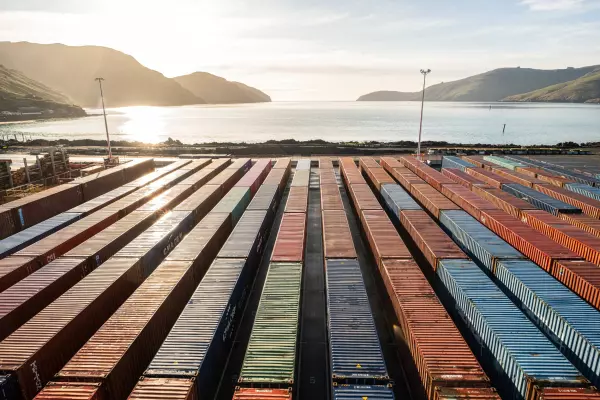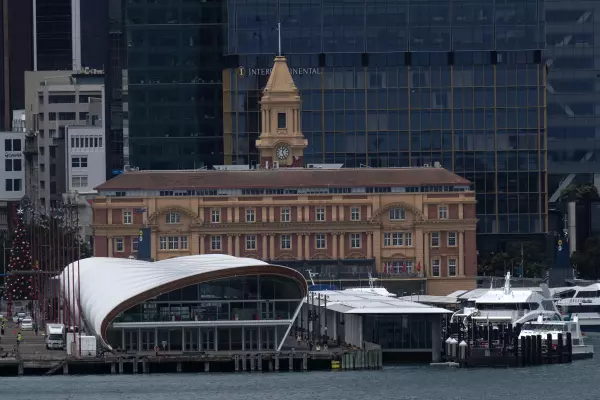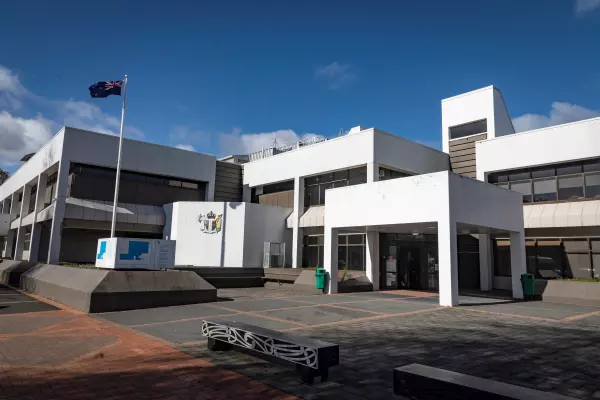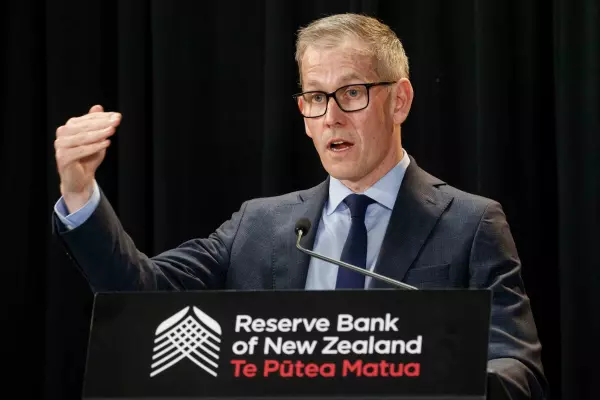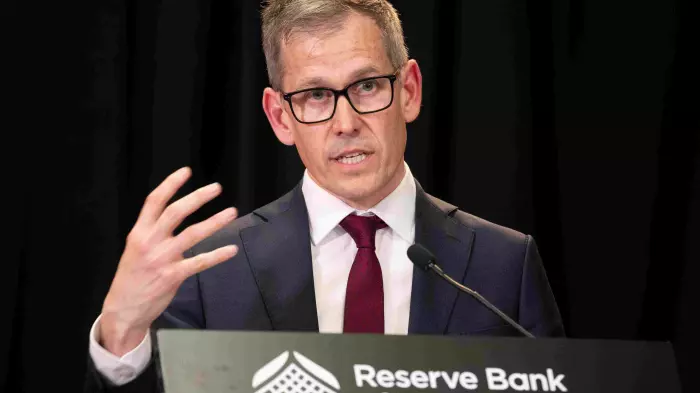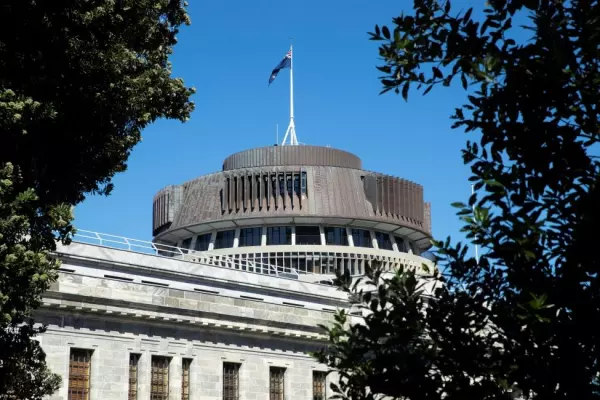The government has spent at least $3.4 million on consultants working on its controversial three waters reform programme.
BusinessDesk requested the amount the Department of Internal Affairs (DIA) spent on each of the 36 top tier consultants in 2020/21, under the Official Information Act (OIA).
In its response, the DIA said it spent just over $13m.
This included $3.4m for work by three of the four big four consultants – Deloitte, Ernst and Young (EY) and PriceWaterhouseCoopers (PwC) – explicitly tagged as three waters-related.
The reform programme aims to transfer the provision of waste, storm and drinking water from councils to four regional water entities.
Some councils have fiercely opposed the proposals, but the government is persevering and plans to introduce a bill in mid-2022.
It has also committed $2.5 billion to support local government through the reforms, which have been put forward, in part, because of insufficient local spending on three waters infrastructure.
One estimate by the Water Industry Commission for Scotland put the required spend over the next 30 years at between $120b and $185b to address the backlog, bring infrastructure up to spec and provide for population growth.
In its OIA response, the DIA said it spent $280,275 with Deloitte on work called “three waters programme – economic impact assessment”.
The DIA's local government deputy chief executive, Michael Lovett, said Deloitte was contracted to do an analysis of the potential economic impacts of the reforms, including impacts at local, regional and national levels, as well as a study looking at how the industries supporting the delivery of water services would develop in response.
It would not have been possible to undertake the work internally, Lovett said, due to the technical nature of the analysis.
The DIA spent a further $2,754,276 with EY for work identified in the OIA response as “stimulus funding for local government – three waters”.
Stimulus funding support accounted for just $80,000, Lovett said. The payment also covered a financial dashboard for councils, information requests to councils, and support for entity design.
PwC was paid $419,247 for “three waters programme – support for cabinet paper”.
The DIA used its own resources to develop cabinet papers, Lovett said, and consulting input informed the development of aspects of the policy proposals.
“There is a large amount of work that underpinned the preparation of cabinet papers given the breadth and scale of the reform programme and associated proposals," he said.
Looking outside the tent
The Public Service Commission recorded a drop in spending by government departments on consultants and contractors in 2020-21, down from $968m the previous financial year to $939m.
However, analysis by BusinessDesk showed the decline was mostly attributable to reduced spending by Inland Revenue, which at the time was winding up a significant system transformation project. In fact, a majority of departments spent more in the 2021 financial year.
As BusinessDesk previously reported, the covid-19 response has proved lucrative for consultants, with the Ministry of Health recording a substantial increase in spending.
As with a pandemic, reforms of the size and scale of three waters aren’t something departments like the DIA are necessarily staffed to develop.
Lovett described three waters as a large-scale reform programme.
“This has required a significant programme of public policy, legal, commercial, economic and other analysis to be undertaken, as well as implementation of the $740m three waters infrastructure stimulus funding package,” he said.
“The development of policy advice has been informed by a large amount of specialist commercial, financial, legal and economic advice, and has required a level of capacity and specialism that is not typically retained within a government department.”






